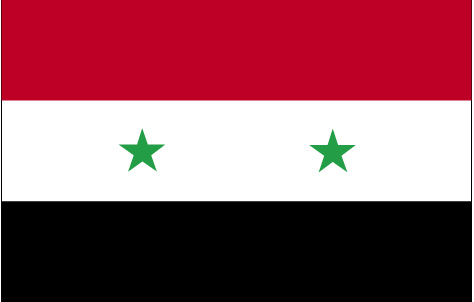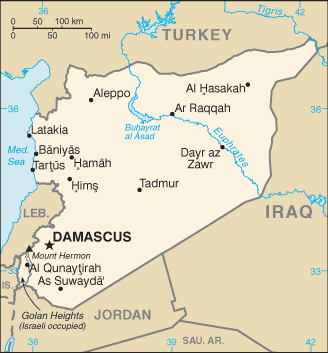Investing in Syria


Syrian economic growth remained in the 4-5% range in 2008-10 even though the global economic crisis affected oil prices and the economies of Syria's key export partners and sources of investment. Damascus has implemented modest economic reforms in the past few years, including cutting lending interest rates, opening private banks, consolidating all of the multiple exchange rates, raising prices on some subsidized items, most notably gasoline and cement, and establishing the Damascus Stock Exchange - which began operations in 2009. In addition, President ASAD signed legislative decrees to encourage corporate ownership reform, and to allow the Central Bank to issue Treasury bills and bonds for government debt. Nevertheless, the economy remains highly controlled by the government. Long-run economic constraints include declining oil production, high unemployment, rising budget deficits, and increasing pressure on water supplies caused by heavy use in agriculture, rapid population growth, industrial expansion, and water pollution.
Central Bank of Syria - http://www.banquecentrale.gov.sy/
Countries that border Syria: Lebanon | Israel | Jordan | Iraq | Turkey
Learn more:
Back to Country Investing



